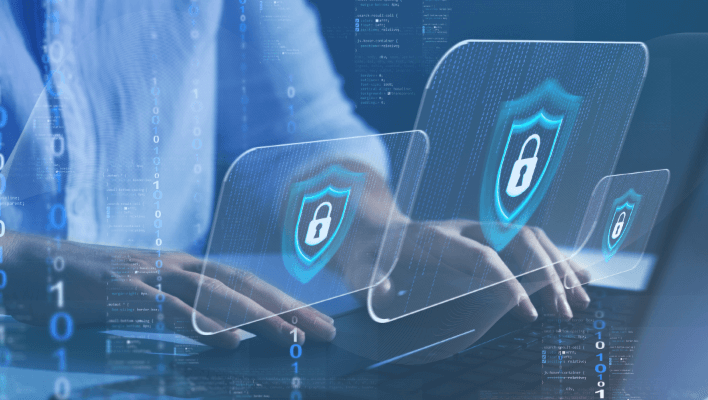Security Considerations for SIP Trunking: Protecting Your Communications

Communication is critical for every business. Security becomes a key concern as organisations turn to internet-based solutions like SIP trunking for voice services. SIP (Session Initiation Protocol) trunking is popular because it’s flexible, cost-effective, and reliable.
However, these advantages come with security challenges that require careful attention. So, what should businesses look out for when securing their SIP trunking or choosing SIP trunk providers? This guide will explore the main security considerations to keep communications safe.
Trunking Security Threats
SIP trunking allows voice calls to travel over the internet, making it vulnerable to certain attacks. The most common security threats include eavesdropping, toll fraud, and Denial-of-Service (DoS) attacks. Eavesdropping can compromise sensitive conversations, while toll fraud can lead to financial losses. A DoS attack, on the other hand, can disrupt business operations by overwhelming your system with unwanted traffic. Understanding these potential risks is the first step in protecting your SIP trunking system. By being aware, businesses can better plan their security strategies.
Why Is Encryption So Important?
Encryption is one of the most pertinent ways to secure SIP trunking effectively. Encrypting the data travelling over the network ensures that only authorised parties can access it. This is especially important for businesses that deal with sensitive information, such as financial institutions or healthcare providers. Anyone with the right tools can intercept and listen to calls without encryption, making encryption an absolute must for securing communications. But how can businesses implement encryption effectively
Using Strong Authentication Methods
Strong authentication methods are one of the simplest ways to enhance security. This ensures that only authorised users can access your SIP trunking system. Implementing robust passwords and multifactor authentication (MFA) adds a layer of protection that can prevent unauthorised access. A weak password can allow hackers to take control of your system. MFA reduces the risk of breaches by requiring users to verify their identity through multiple methods.
Regular Software Updates Are Key
Outdated software can create vulnerabilities in your SIP trunking system. Hackers often exploit known bugs or weaknesses in outdated systems to launch attacks. Keeping your software up to date ensures you have the latest security patches and fixes. Many businesses overlook the importance of regular updates, but this is a simple and cost-effective way to protect your communications. Enable automatic updates whenever possible or schedule regular checks to stay protected.
Implementing Firewalls and Intrusion Detection Systems
A strong firewall protects your SIP trunking system from unwanted traffic. Firewalls act as barriers, blocking malicious traffic before it reaches your system. Combining firewalls with an intrusion detection system (IDS) offers even more protection by identifying and responding to potential threats in real-time. For businesses looking to enhance their security, firewalls and IDS are critical tools that should not be ignored. They provide the first line of defence against potential attacks.
Monitoring for Unusual Activity
Constant monitoring of your SIP trunking system can help identify suspicious behaviour before it becomes a bigger issue. This includes monitoring for unusual call patterns, such as sudden spikes in call volume or calls being routed to unexpected locations. By staying vigilant and monitoring their systems in real-time, businesses can quickly respond to threats and prevent significant damage. It’s also important to plan when an issue is detected. Do you have the necessary resources to respond to a security breach?
Read also Optimizing Performance with Hosting Cloud Servers: Elevating Your Digital Presence
How to Choose a SIP Trunk Provider
Security should be one of your top considerations when selecting SIP trunk providers. Look for providers that offer encryption, strong authentication, and fraud detection services as part of their package. It’s also important to check if the provider complies with industry regulations relevant to your business. A reputable provider will also offer robust customer support, ensuring that security concerns or technical issues are addressed quickly.
SIP trunking offers many benefits, but security must be a top priority. Never underestimate the importance of security. With the right strategies, your business can enjoy the benefits of SIP trunking without compromising safety. Are you doing everything possible to secure your communications?




